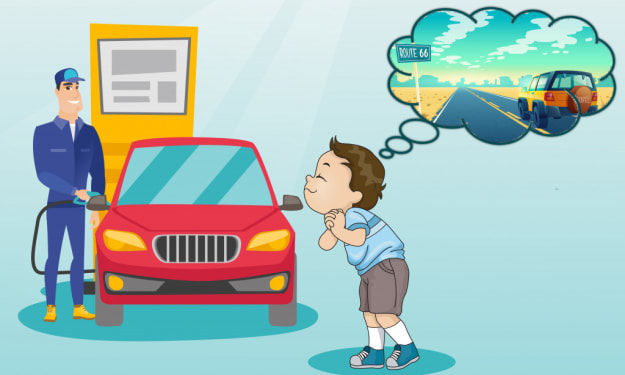Have we ever found the right way to sit
Positions to sit is a burning debate

As a kid, you could have been cautioned to not sit in specific situations to your benefit.
One sitting situation specifically, well known with the children, has been a reason to worry among scientists for a really long time. It's classified "W sitting," "TV sitting," or "opposite tailor position" where your thighs are level against the ground before you also, your knees are twisted, putting your lower legs on one or the other side of your butt.
The concern is that sitting like that will significantly alter the manner in which your joints create also, make active work more troublesome further down the road. And keeping in mind that there are clashing discoveries, the general friend inspected agreement is by all accounts that you'll most likely outgrow any actual changes connected with this sitting position.
Except if your inclination for sitting that way was all on account of your hereditary qualities. This is the very thing information recommends about the genuine risk of W sitting.
Throughout the long term, analysts have distributed papers alluding to W sitting as a place that can loosen up your tendons furthermore, make you hypermobile assuming you sit like that for broadened timeframes. The term hypermobile alludes to your capacity to flex portions of your body like your fingers, elbows, and knees past the normal scope of movement. You could have known about it alluded to as being twofold jointed.
Furthermore, definitely, it sounds cool to have the option to move in manners that most individuals can't, however it can accompany a great deal of torment and medical issues as well. This sitting position has likewise been related with pivoted leg furthermore, lower leg bones, inturned toes, and level feet, which a few scientists say could make strolling more diligently. So that is where a portion of the worry comes from.
However, a review surveying young people and grown-ups tracked down no reduction in running abilities among individuals who have turned in toes, additionally now and again called pigeon toes, contrasted with individuals who don't.
So it probably won't diminish your actual presentation further down the road. Also, that is accepting that it even endures that long. A few examinations recommend that a great many people outgrow turn, free joints, and level feet around 10 years of age at any rate. So assuming you're seeing it in youngsters, it may very well sort itself out.
Presently to address the overall worry that a certain way of sitting will appear in actual changes to your body. It's normal for youngsters to sit this way. One investigation of in excess of 1,000 preschool kids viewed that as 63.3% of them sat in the scandalous W style.
What's more, of the whole review test, just 5.9% of the children had inturned toes. So that is a lot more modest gathering than the individuals who sit W style. Yet, of the children with inturned toes, 80.6% sat in the W position.
Furthermore, truly sitting may be the most insignificant part of your concerns on the off chance that you're living with a Hypermobility Range Issue. At the point when you're really adaptable, your mindfulness in space is distracted, your delicate tissue is delicate, and your muscles are frail, it resembles a powerful coincidence for injury. You could encounter weakness, joint injuries, joint disengagement, and constant torment.
Furthermore, similar to I said previously, W sitting isn't a lifelong incarceration to encounter these side effects.
Since individuals with joint hypermobility are more probable to sit in this position doesn't mean each and every individual who does is hypermobile. So the W in W sitting doesn't be guaranteed to have to mean "stress."





Comments
There are no comments for this story
Be the first to respond and start the conversation.